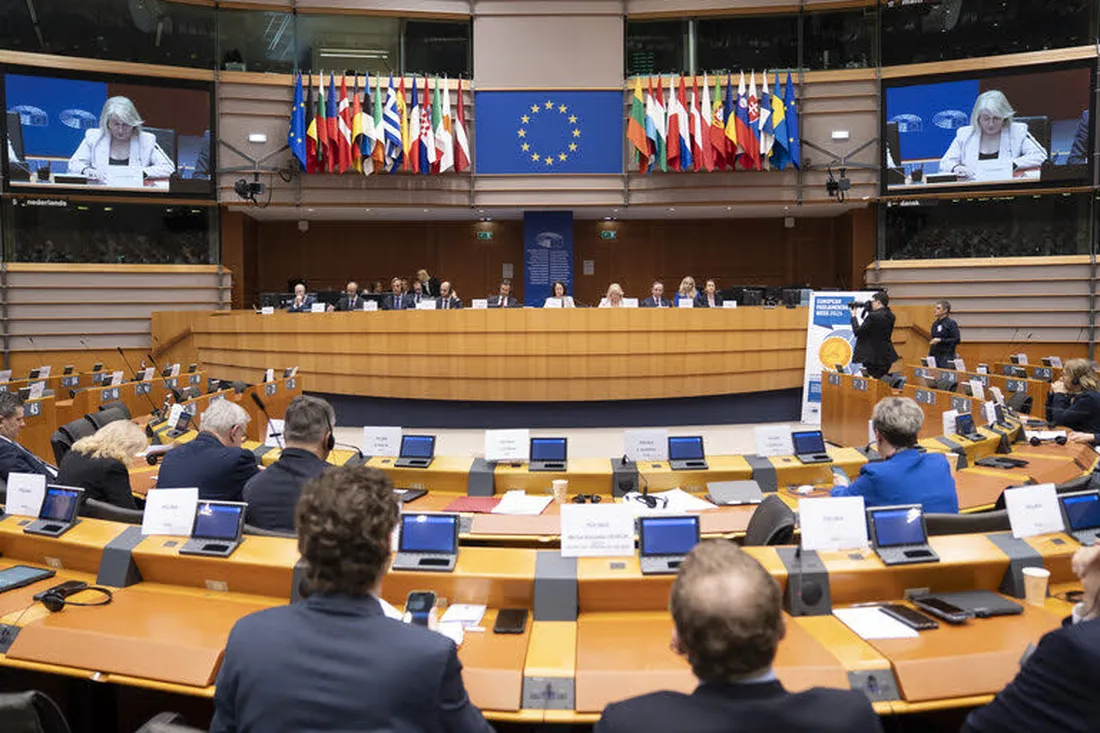
To protect the EU's social priorities and address challenges such as climate change and digitalization by investing in people and skills, the next Cohesion Policy must rely on a strengthened and autonomous European Social Fund. Here is a summary of the European Parliament's requests.
Post-2027 ESF+: More Resources and Shared Management
First, the Employment and Social Affairs Committee (EMPL) of the Parliament calls for adequate resources for the post-2027 European Social Fund, specifically doubled compared to the current programming. In the 2021-2027 period, the EU budget allocation amounts to €95.1 billion, which becomes approximately €142 billion with Member States' co-financing, plus nearly €762 million from the Employment and Social Innovation (EaSI) component.
The ESF+ 2028-2034 must also be based on a model of shared governance, allowing for national, regional, and local specificities in operational programs.







